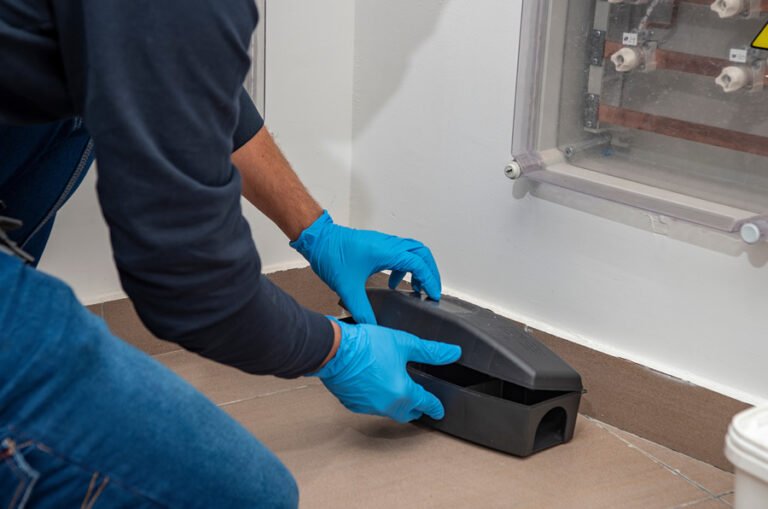What Landlords Need to Know About the Law in Hawaii
As a landlord in Hawaii, it’s essential you understand the various laws that govern rental agreements. From required disclosures to security deposit guidelines, the regulations can be complex. You’ll need to navigate tenant screening processes and ensure compliance with fair housing protections. Plus, knowing the eviction procedures is crucial. Let’s explore these key areas to help you manage your properties more effectively and protect your interests.
Required Disclosures for Rental Agreements
When you’re entering a rental agreement in Hawaii, it’s crucial to be aware of the required disclosures that landlords must provide.
For instance, if the property was built before 1978, you’ll need to disclose lead-based paint information. Additionally, you must provide written identification of the property manager and a detailed inventory of the property’s condition before your tenant moves in.
Each tenant should receive a copy of theHawaii lease agreement, ensuring they understand their rights and responsibilities. If there’s a lease violation, knowing these disclosures can help you address issues properly.
Understanding Rent and Fees Regulations
Understanding the regulations surrounding rent and fees in Hawaii is essential for both landlords and tenants, as these rules establish clear expectations and help prevent disputes.
In Hawaii, rent is typically due on the first of the month unless stated otherwise in the lease. You’ll find that application fees aren’t regulated, and there’s no statewide rent control. If a tenant violates the lease, you should knowwhat happens with a lease violation—specifically, you can issue a notice allowing them time to cure the issue. Late fees can’t exceed 8% of the rent, and a bounced check fee is capped at $30.
Familiarizing yourself with these landlord tenant laws in Hawaii will help you maintain a smooth rental process while keeping in line with the Hawaii average rentstandards.
Security Deposit Guidelines
Security deposits play a crucial role in the rental agreement, providing landlords with a safeguard against potential damages or unpaid rent.
In Hawaii, you’re limited to collecting a security deposit that equals one month’s rent, plus an additional pet deposit if applicable. You don’t have to pay interest on these deposits, but you must return them within 14 days of the tenant vacating. It’s essential to provide an itemized list of any deductions taken from the deposit. Keep in mind, you’re not required to maintain the deposit in a separate account, but clear documentation will help avoid disputes.
Following these guidelines ensures a smooth rental experience and protects your interests as a landlord.
See also: Understanding the Role of a Company Secretary in Hong Kong
Tenant Screening and Fair Housing Protections
Navigating tenant screening and fair housing protections is essential for landlords in Hawaii. You must ensure that your screening process complies with state and federal laws. Discrimination based on race, color, religion, gender, national origin, familial status, or disability is strictly prohibited.
Hawaii also extends protections to gender identity, sexual orientation, marital status, ancestry, age, HIV status, and pregnancy. When assessing applicants, make sure to follow the Fair Credit Reporting Act regarding tenant credit information. Criminal background checks can be part of your screening, but avoid blanket denials based solely on criminal histories.
Instead, evaluate each case individually, considering the nature of the crime and its relevance to tenancy. This approach helps you stay compliant while finding the right tenants.
Eviction Notices and Procedures
When a tenant fails to meet their obligations, knowing the proper eviction notices and procedures can save you time and trouble.
In Hawaii, you must issue a rent demand notice requiring the tenant to pay within five days or vacate. If there’s a lease violation, you can give a notice allowing ten days to fix the issue or leave. For serious noncompliance, you can serve an unconditional notice to quit immediately. It’s crucial to follow these legal protocols precisely, as eviction processes can be complex and may require legal assistance.
Always document your communications and keep records to support your case should it lead to court proceedings.
Conclusion
Navigating the laws as a landlord in Hawaii can seem daunting, but understanding these key areas can simplify the process. By ensuring you meet disclosure requirements, follow rent and fee regulations, adhere to security deposit guidelines, and respect fair housing laws, you’ll protect both your interests and your tenants’ rights. Stay informed about eviction procedures to manage lease violations effectively. With this knowledge, you can create a smoother rental experience for everyone involved.






